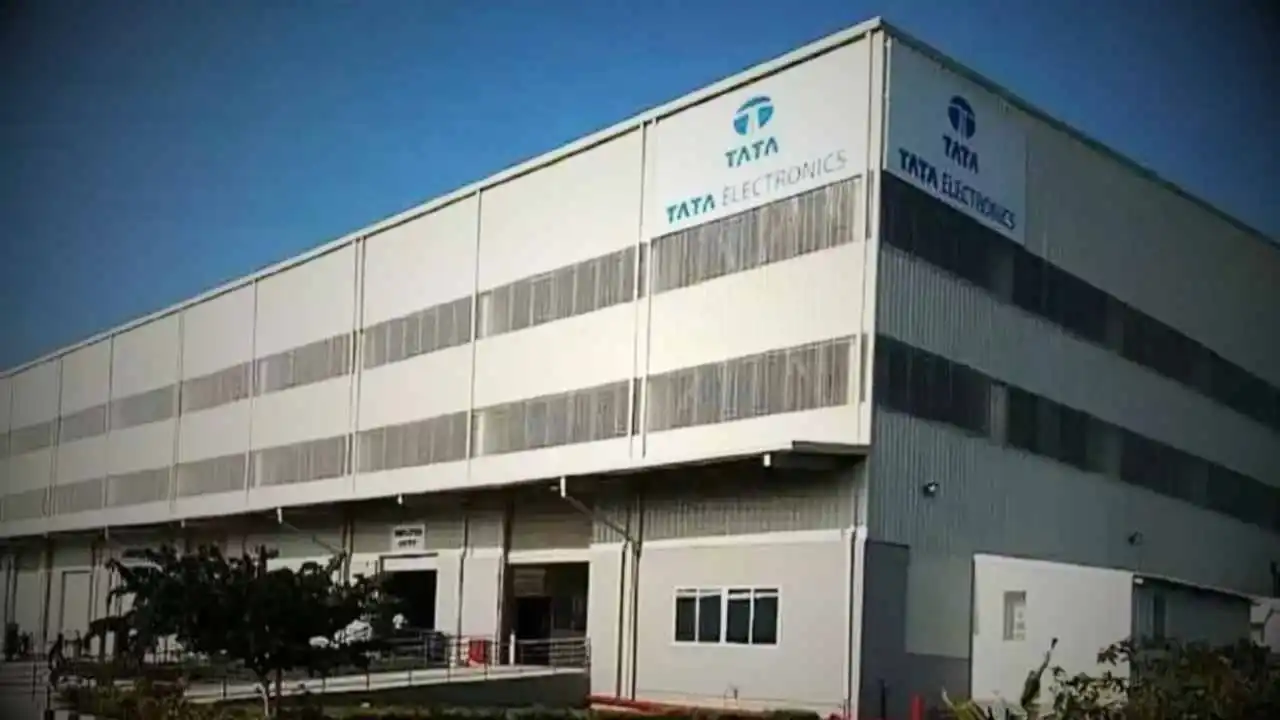Tata Electronics is making significant strides in India’s semiconductor sector by sending hundreds of employees to Taiwan for specialised chipmaking training. This move is a crucial step towards operationalising India’s first AI-enabled semiconductor fabrication (fab) plant in Dholera, Gujarat, and a cutting-edge outsourced semiconductor assembly and test (OSAT) facility in Assam.
Bridging the Semiconductor Talent Gap with Taiwan Collaboration
In partnership with Powerchip Semiconductor Manufacturing Corporation (PSMC), a leading Taiwanese chipmaker, Tata Electronics has dispatched over 200 employees to Taiwan. These employees undergo intensive, hands-on training in critical semiconductor manufacturing skills essential for running the upcoming fab and OSAT units.
Due to the limited training capacity at PSMC, Tata Electronics adopts a phased and structured approach, sending employees in batches of 50 to 75. Each batch focuses on specialised functions such as equipment handling, yield engineering, process technology, and quality engineering. This methodical training ensures a well-rounded workforce, blending fresh graduates and experienced professionals, ready to meet the complex demands of semiconductor fabrication.
Massive Investment and Job Creation in India’s Semiconductor Landscape
The Dholera fab, with an investment of Rs 91,000 crore, is expected to manufacture up to 50,000 wafers per month. This state-of-the-art facility will leverage AI, data analytics, and machine learning to achieve top-tier factory automation and efficiency. The fab aims to serve high-growth sectors including AI, automotive, computing, data storage, and wireless communication.
Alongside, the Rs 27,000-crore OSAT facility in Assam is projected to generate around 27,000 jobs, while the Dholera fab is expected to create over 20,000 direct and indirect jobs. These projects mark a transformative phase for India’s electronics manufacturing ecosystem, fostering a future-ready workforce and boosting the country’s self-reliance in semiconductor production.
Strategic Leadership and Global Expertise Driving Success
Tata Electronics has strengthened its leadership by appointing industry veterans like KC Ang, former Asia president of GlobalFoundries, as president and head of Tata Semiconductor Manufacturing. The company is also reportedly considering acquiring a Malaysian chip plant to gain practical operational experience.
The collaboration with PSMC includes design and construction support for the Dholera fab, licensing a broad portfolio of semiconductor technologies, and engineering assistance to transfer these technologies to India. This partnership ensures that the fab will be equipped with next-generation factory automation and AI-enabled manufacturing capabilities.
Looking Ahead: India’s Semiconductor Future
The first chip from the Dholera fab is expected by December 2026, with the Assam OSAT facility’s first phase slated to start by mid-2025. Tata Electronics is also planning two additional fabs in Dholera over the next five to seven years, potentially expanding India’s semiconductor manufacturing capacity even further.
This initiative not only strengthens India’s position in the global semiconductor supply chain but also exemplifies how Indian industry is leveraging international expertise to build indigenous capabilities. Tata Electronics’ focused approach to skill development and infrastructure investment is set to catalyse India’s journey towards semiconductor self-sufficiency and technological leadership.
This comprehensive training and manufacturing push by Tata Electronics is a landmark development for India’s tech ecosystem, creating thousands of jobs and fostering innovation in semiconductor technology—an essential sector for the country’s digital and industrial future.
